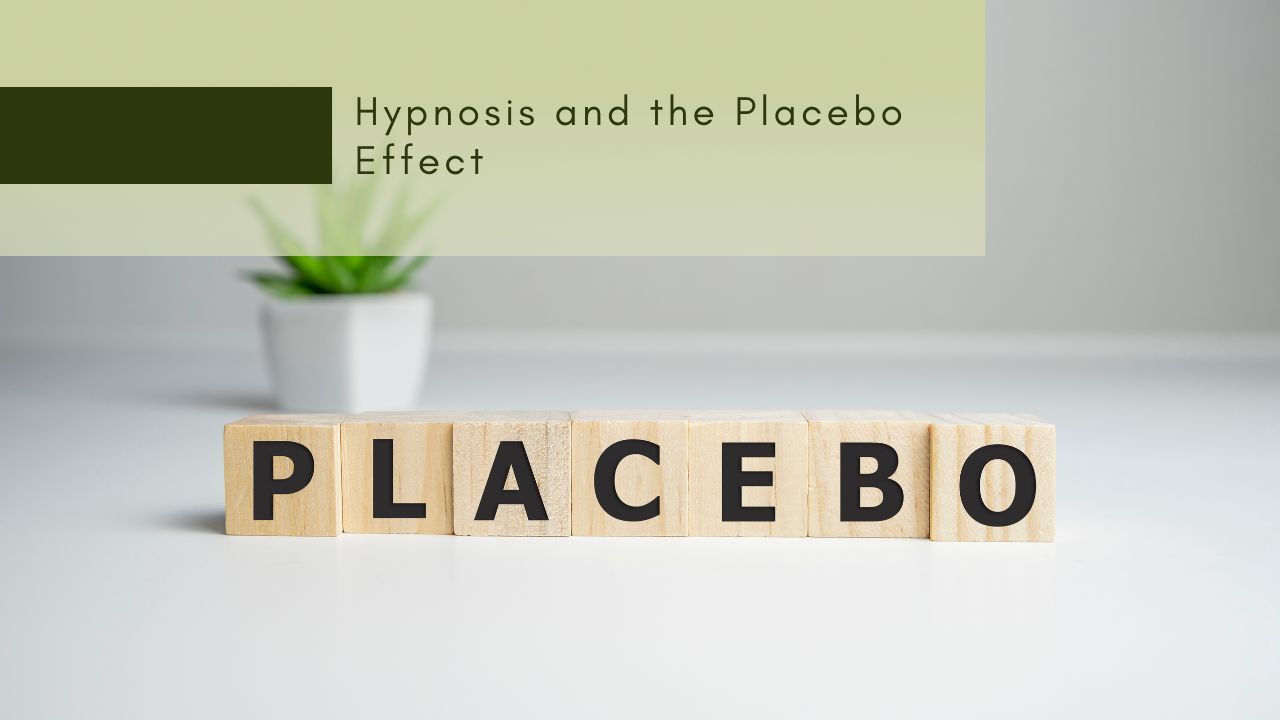Views on hypnosis vary widely across different cultures and societies, influenced by historical, religious, and cultural factors. The following paragraphs describe an overview of differing cultural perspectives:
Western Perspective
In Western cultures, hypnosis is often associated with entertainment, stage shows, and therapy. While some people are open to the idea of hypnosis for therapeutic purposes, others may view it with skepticism or as a form of pseudoscience.
Eastern Perspective
In some Eastern cultures, there are traditional practices that resemble hypnosis, such as meditation, trance-inducing rituals, and spiritual healing techniques. These practices are often deeply rooted in religious or spiritual beliefs and are viewed as legitimate methods for achieving altered states of consciousness or accessing the subconscious mind.
Indigenous Cultures
Many indigenous cultures have their own forms of trance and altered states of consciousness, often used in healing ceremonies, spiritual rituals, and shamanic practices. These cultures may have a more accepting view of hypnosis, seeing it as a modern manifestation of their traditional practices.
Religious Views
Views on hypnosis can also be influenced by religious beliefs. Some religious groups may embrace hypnosis as a tool for spiritual growth or healing, while others may view it with suspicion or even as forbidden or dangerous.
Scientific Perspective
In scientific circles, hypnosis is studied as a phenomenon of consciousness and suggestibility. While there is evidence supporting its effectiveness for certain therapeutic purposes, such as pain management, smoking cessation, and anxiety reduction, the exact mechanisms of hypnosis are still not fully understood.
Skepticism and Controversy
Despite its long history and therapeutic applications, hypnosis still faces skepticism and controversy, particularly regarding its efficacy and potential for misuse. Some view hypnosis as a form of manipulation or mind control, while others see it as a valuable tool for self-improvement and healing.
The above demonstrates that views on hypnosis are diverse and complex, shaped by cultural, religious, and scientific perspectives. While it has gained acceptance in some contexts, it continues to be debated and studied across different cultures and societies.




